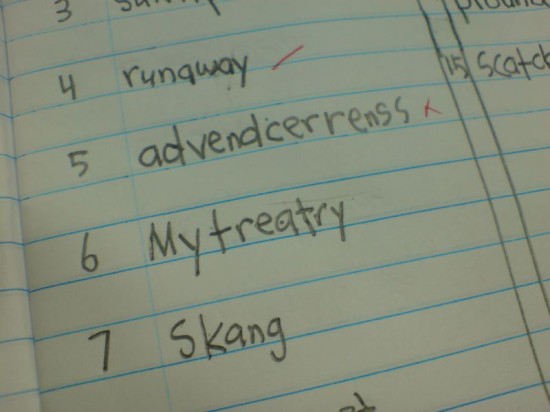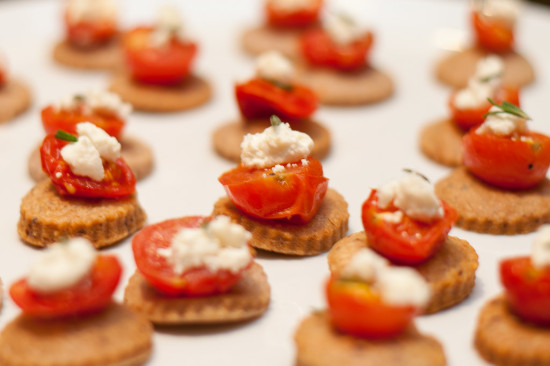Never Rely Solely on Spell Check

It Won’t Identify Homophones
There are pairs of words that mean different things and are spelled differently, but don’t mean the same thing. Here are a few examples:
- There and their: A lot of people struggle with this one!
- They’re and there: Brits are particularly prone to confuse these two!
- Air and heir: Well, they sound the same, don’t they?
- Die and dye: I saw a hair salon in Sweden called “Curl up and Dye,” cute as a play on words, but not as an error.
- Effect and affect: Confusing these words is one of the most common errors among English speakers. Get it right!
It Won’t Identify Misspelled Words That Are Real Words
I have a lot of fun collecting these words. They can be hilarious or simply embarrassing. For example:
- Pubic and public: Are you ready for pubic humiliation?
- From and form: Oops! Your fingers were too hasty there! Spell check thinks its fine, though.
- Best and beast: The beast doctor in town… Could it be a veterinarian? Or is it something more sinister?
- Retards and regards: I had this one from a friend of mine. It’s probably not the best way to sign off a business letter.
- Human resources and inhuman resources: There was meant to be a space in the second example.
- Singing and sinning. Of course, you could possibly sing while you sin, but it would be unusual.
Your Grammar Could Be Awful
Although spell check will occasionally pick up grammatical errors, it generally doesn’t, and some of the things it thinks are wrong are actually right. For example, Microsoft Word doesn’t like “your” in the sentence to follow. It suggests “you’re, but it is mistaken:
“You’re incomplete or tangled sentences get the green light from spell check, but later on, they make you cringe with embarrassment. If only you’d done a more careful proofread instead of trusting spell check!”
“You’re,” oh dear! That’s a blooper from spell check right there!
Editing Helps You Learn Your Errors
I so often type “form” instead of “from,” that I know I need to check my work carefully when this word is involved. It’s all too easy for one’s eyes to slide right over that error. After all, the letters are all there, they’re just not in the right place. Now that I know I often tangle my fingers over the word, I know I have to check it carefully.
You Begin to Depend on It
Right clicking for spelling suggestions when you’re stumped as to why the word keeps coming up as being misspelled makes you super-lazy. Always try to correct words without spell check’s help to begin with, and if you still can’t get it right, see what spell check suggests. I keep a list of words I struggle to spell so that I can learn from it. It really has helped me to improve my spelling!
You Won’t Be Able to Write Quickly When You Need To
Pictures this: you’re in a skype interview with someone you hope to impress. You can’t wander off to check your spelling every few seconds as you quickly type. Bam! Bam! Bam! The person on the other end wants a quick response. Make too many spelling errors, and you end up looking like a hopeless incompetent. Impressive? Hardly!
It Doesn’t Know Your Terminology
Terminology lurks in every field, and accepted spellings don’t always agree with spell check. For example, most people these days refer to “startups” but Microsoft’s spell checker has only recently caught on to the term. A few months ago, it suggested “start-ups” as the right spelling. Medical terminology and other scientific jargon often doesn’t feature, and pitfalls lurk behind every terminology-laden sentence.
It Has No Idea What You Really Mean
Writing conveys meaning, but spell check has no notion of meaning. You can say “infection” instead of “affection” and have your writing end up looking kind of scary. Or you can emulate my friend and sign off your covering letter with a cheery “Kind retards.” Only you can know what you actually meant, so don’t trust your software too much.
It Doesn’t Always Spot Words Accidentally Split With a Space
As long as both words are real words on their own, spell check acts dumb. Why? Because it’s rather dumb! Check these words out:
- All ways versus always
- Some times versus sometimes
- In stead versus instead
- Never the less instead of nevertheless
- Sun day versus Sunday
You’re Smarter Than Spell Check!
No software can ever replace the human mind. I’ve tried grammar checkers, spell checkers, and style checkers, and they are all only tools that can be used wisely in the hands of an informed human being. Just as no machine can write properly for you, spell checkers and grammar checkers will always be less intelligent than your own proofreading.


